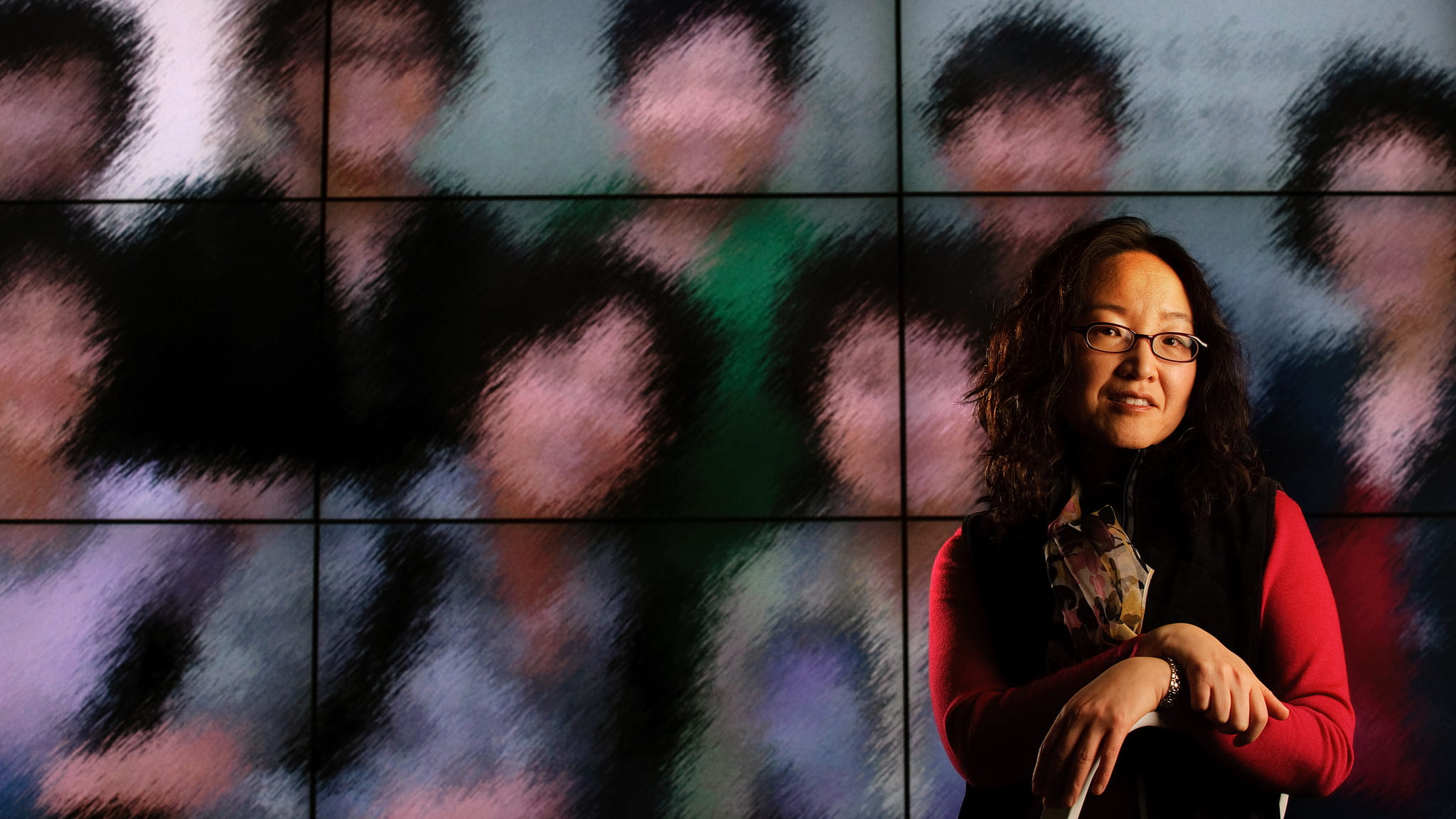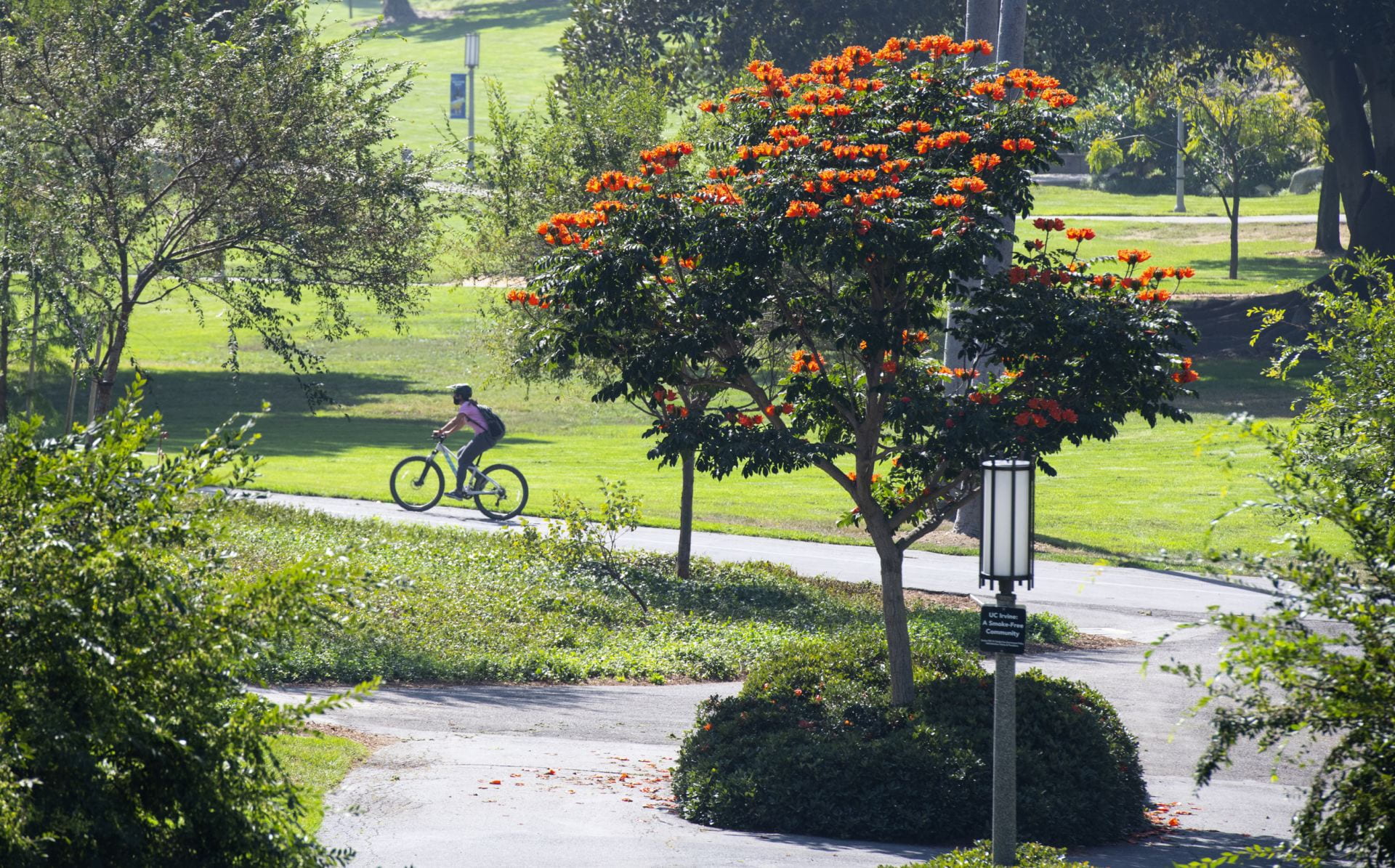With type 2 diabetes, family matters
UC Irvine assistant professor of nursing science Sarah Choi works with Orange County’s Korean community to improve care for the chronic disease by involving patients’ family and friends.

Sarah Choi has discovered that managing type 2 diabetes often takes a village. The UC Irvine assistant professor of nursing science works with Orange County’s Korean community to improve care for the chronic disease by involving patients’ family and friends.
“Seeing your doctor is not enough,” she says. “Managing diabetes requires behavioral changes in diet and exercise, and we’re finding that social support makes a positive difference in effective self-care.”
Millions of Americans have been diagnosed with type 2 diabetes, and many more are at high risk. Members of demographic groups with greater healthcare disparities — such as African Americans, Latinos, Native Americans and Asian Americans — are more likely to develop the disease, necessitating treatment programs that address distinct language and cultural needs.
Immigrants are particularly susceptible to type 2 diabetes because of lifestyle and dietary changes they encounter in the U.S. Choi noticed this when interacting with Latino and Hmong immigrants as a family nurse practitioner in Santa Barbara County in the late ’90s. And she found that traditional diabetes treatment methods didn’t sufficiently enable them to manage the disease.
“Immigrant communities draw much more on their social connections, and I wanted to use this support system,” says Choi, who received a National Institutes of Health career development award through UCI’s Institute for Clinical & Translational Science to help further this work.
After earning a doctorate in nursing at UC San Francisco in 2007, Choi joined the new Program in Nursing Science at UCI and turned to a community whose issues she knew well. Her family emigrated from South Korea to Los Angeles in 1989.
Like other Asians, Koreans who come to the U.S. experience higher rates of type 2 diabetes. Korean immigrants over the age of 65 develop the disease twice as often as older Americans on the whole.
Through the Orange County Korean American Health Information & Education Center in Garden Grove, Choi began working with 100 elderly diabetes patients to improve their disease self-management by including their families in efforts.
The goal is to create a community-based education program that addresses factors impeding diabetes care — such as the traditional Korean diet, which is high in carbohydrates — and that emphasizes the benefits of spousal support.
“We’re excited to work with Sarah, because there are so few studies that actually look at the Korean community,” says Wendy Yoo, president of the Orange County Korean American Health Information & Education Center. “We see so many more cases of diabetes here, and this study is helping increase our knowledge about how to institute proper eating and exercise habits.”
Eventually, Choi hopes to expand her focus. “There is huge promise for taking this effort to other Asian communities to see how this type of social network-oriented education program can improve self-management and outcomes for people with diabetes,” she says.

